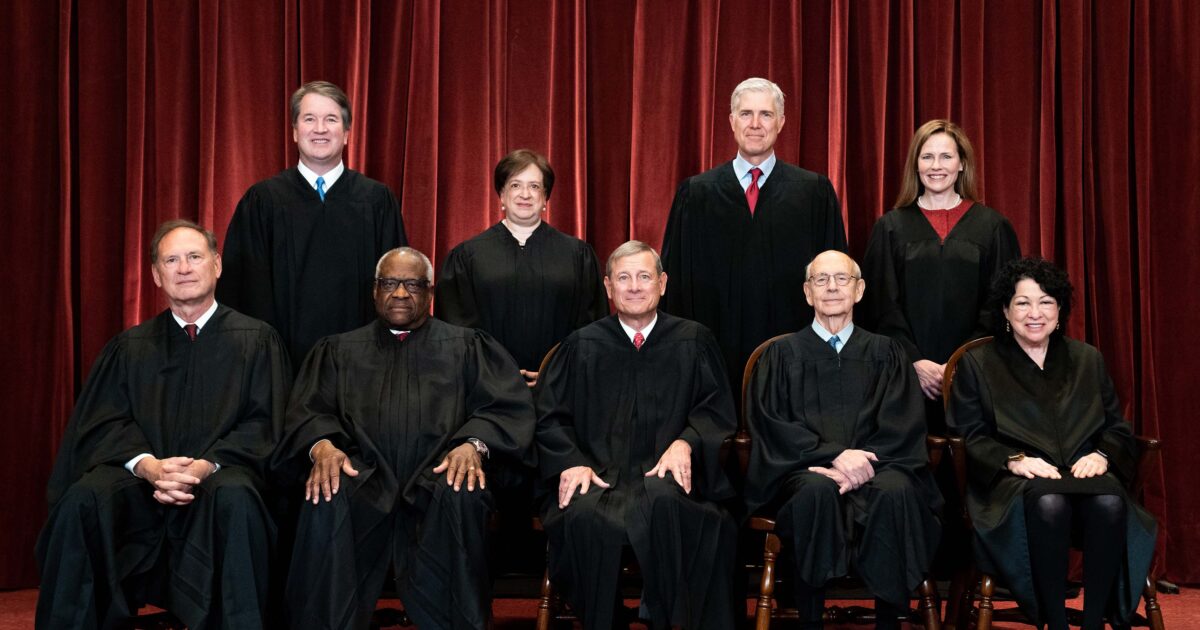Unanimously ruling against a Chinese asylum claimant, the Supreme Court reversed the 9th Circuit Court of Appeals this morning, finding immigration judges do not have to explicitly state that an asylum seeker’s story is not credible when finding against him.
The court’s opinion in the case, Garland v. Dai, court file 19-1155, was written by Justice Neil Gorsuch.
“The Ninth Circuit has long applied a special rule in immigration disputes,” Gorsuch wrote.
“The rule provides that, in the absence of an explicit adverse credibility determination by an immigration judge or the Board of Immigration Appeals, a reviewing court must treat a petitioning alien’s testimony as credible and true.”
In the case, Chinese national Ming Dai claimed he was beaten and arrested in 2009 for trying to prevent Chinese authorities from aborting his second child under that country’s now-rescinded one-child policy. He testified that, when he tried to stop his wife’s abduction, police broke his ribs, dislocated his shoulder, and jailed him for 10 days. Dai said he lost his job, his wife was demoted, and his daughter was denied admission to good schools.
Dai came to the U.S. on a tourist visa and sought asylum shortly after arriving.
Quoting federal law, Gorsuch wrote that the burden rested on Dai to prove that he was a “refugee,” that is, someone “unable or unwilling” to return to China “because of persecution or a well-founded fear of persecution . . . for failure or refusal to undergo [involuntary sterilization] or for other resistance to a coercive population control program.”
But Dai failed to disclose the fact that his wife and daughter had already traveled to the United States and voluntarily returned to China, undercutting the claim of a fear of persecution at home.
Dai “hesitated at some length” when confronted with these facts, according to the immigration judge, and then admitted his daughter returned to China to go to school, his wife returned to her job and her elderly father, and that Dai did not have a job in China to which he could return.
Dai admitted to the immigration judge that “at that time, I was in a bad mood and I couldn’t get a job, so I want to stay here for a bit longer and another friend of mine is also here.”
The immigration judge denied Dai’s claim, stating “I do not find that [Dai’s] explanations for [his wife’s] return to China while he remained here are adequate.”
But the 9th Circuit saw things differently, Gorsuch wrote.
A divided panel held that “in the absence of an explicit adverse credibility finding by the [immigration judge] or the [Board of Immigration Appeals,” he noted.
Dai’s testimony had to be “deemed” credible and true and he was therefore eligible for asylum, the 9th Circuit held.
“The Ninth Circuit’s rule has no proper place in a reviewing court’s analysis. … Nothing in the [Immigration and National Act] contemplates anything like the embellishment the Ninth Circuit has adopted.”


And another liberal Ninth Circuit ruling is overturned! And done so unanimously by the Supreme Court.